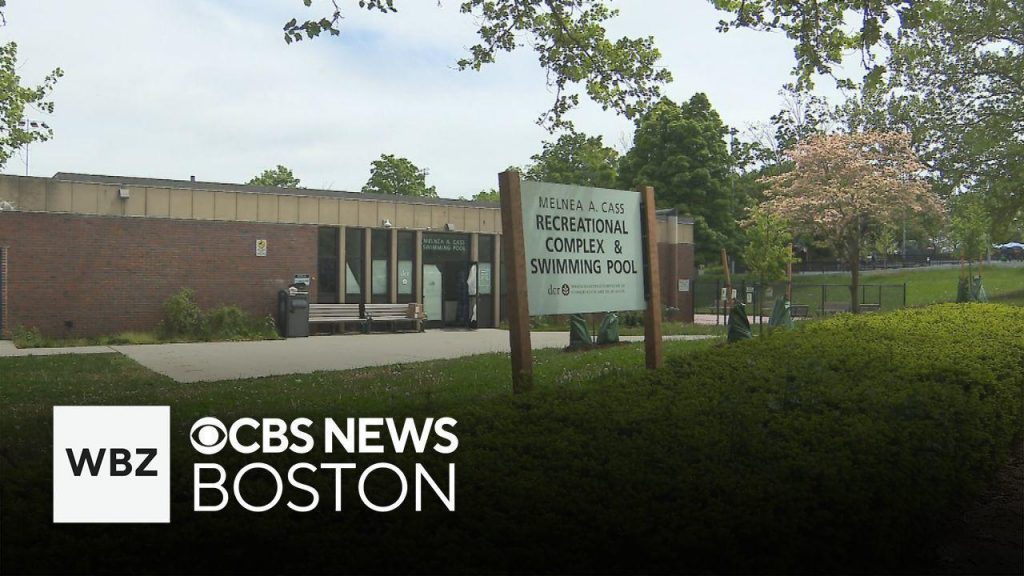The Roxbury recreation center, which had been repurposed as an emergency shelter for migrants, has closed earlier than anticipated, leading to a variety of responses from the local community.
In late January, the Melnea Cass Recreation Center started accommodating numerous migrant families, including some who had been camping at Logan Airport. This initiative, aimed at providing temporary relief for the migrants, was met with mixed reactions. While some community members saw it as a necessary humanitarian response, others were concerned about the impact on local youth who depend on the recreation center for activities and a safe space.
Initially, the shelter was planned to operate until May 31. However, the facility was vacated earlier, by May 20, allowing it to return to its original purpose sooner than expected.
Mae Smith, a long-time community member, expressed her excitement about the center’s reopening. She fondly recounted her experiences at the recreation center’s pool, a place she has enjoyed for decades. “I like the pool. I’m not such a great swimmer, but I like the pool,” Smith said, underscoring the personal and communal significance of the center to residents.
Despite the rec center’s closure as a shelter, the state continues to accommodate new migrant families, although the flow of new arrivals has slowed. Last autumn, Massachusetts experienced an influx of 30 to 40 families seeking emergency shelter each day, according to the Massachusetts Executive Office of Housing and Livable Communities. This number has since decreased to an average of 22 families per day.
Xan Weber, Senior Vice President at the International Institute of New England (IINE), highlighted the ongoing difficulties in securing stable housing for migrants. “This is going to be the toughest part of the work because migrant families are not prioritized ahead of others when it comes to finding affordable, stable housing,” Weber explained. The challenge lies in the limited availability of affordable housing, which is critical for ensuring the long-term stability of migrant families.
In response to the persistent need for emergency shelter, the state is exploring new options, including converting a closed jail in Norfolk into a shelter. This plan is part of a broader effort to address the emergency housing crisis. However, there remains uncertainty about the future of families once they reach the new nine-month time limit in the shelter system. “It’s so challenging to find affordable housing,” Weber emphasized, highlighting the significant housing shortage that affects not only migrants but also other vulnerable populations.
The closure of the emergency migrant shelter marks a significant transition for the Melnea Cass Recreation Center as it prepares to reopen its doors to the community. The center’s return to its original function is eagerly anticipated by many local residents who are looking forward to resuming their regular activities. This reopening symbolizes a return to normalcy and the restoration of a cherished community space that plays a crucial role in the lives of many.
The early closure of the shelter at the Melnea Cass Recreation Center reflects the complex and often challenging balance between meeting immediate humanitarian needs and maintaining essential community resources. As the state continues to grapple with the influx of migrants and the ongoing housing crisis, the stories of those affected, both migrants and community members, highlight the multifaceted nature of this issue and the need for comprehensive solutions that address the needs of all involved.


